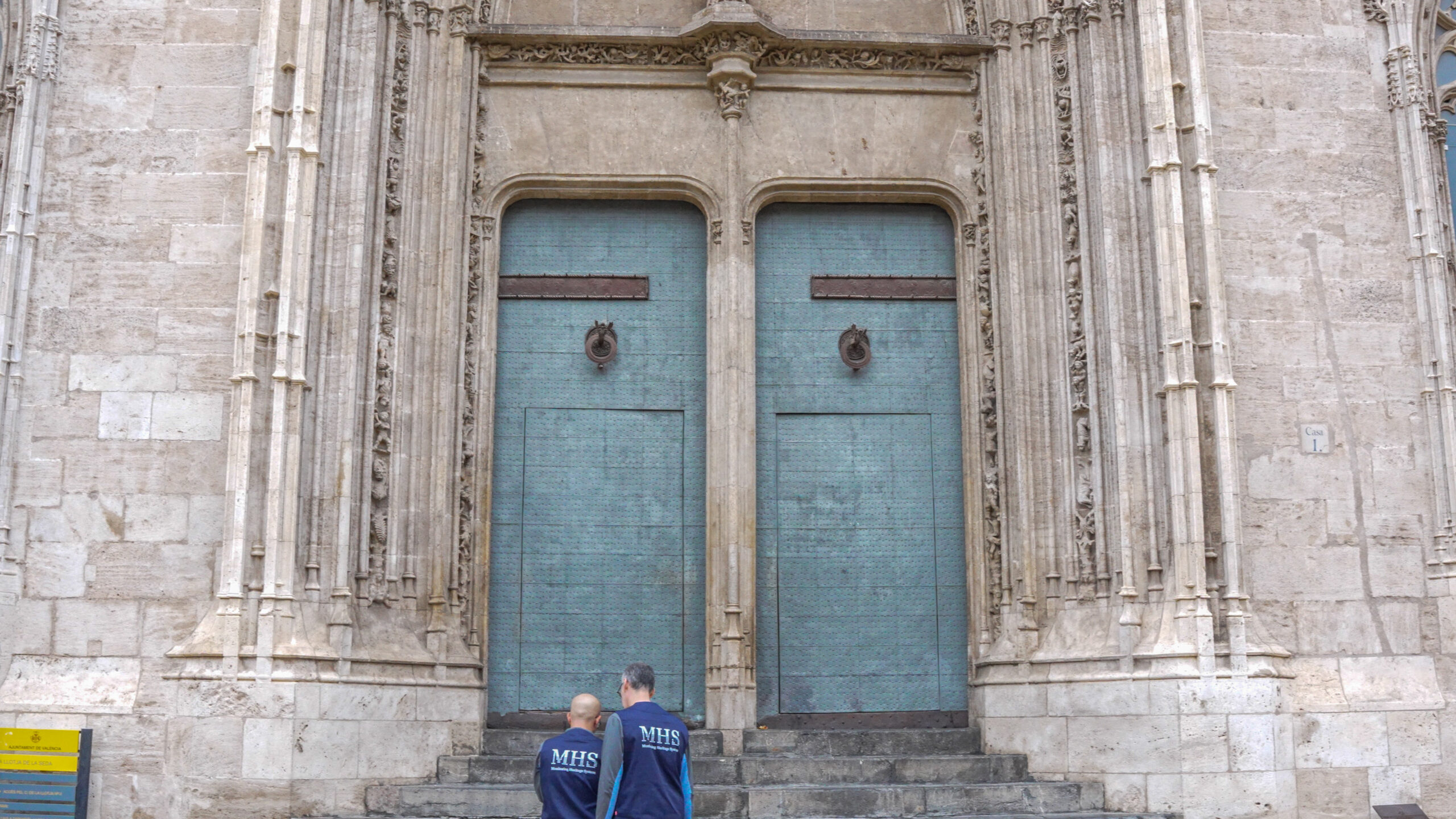Spain, November 2024– La Lonja de Valencia, a UNESCO World Heritage Site and one of the city’s most iconic tourist attractions, has joined the international TOURISMO project. Co-funded by the European Regional Development Fund, under the Interreg Euro-MED Programme, this initiative aims to transform tourism management in the Mediterranean using innovative and sustainable technologies. This effort will ensure that tourism at historic sites like La Lonja is fully compatible with the long-term preservation of their cultural value.
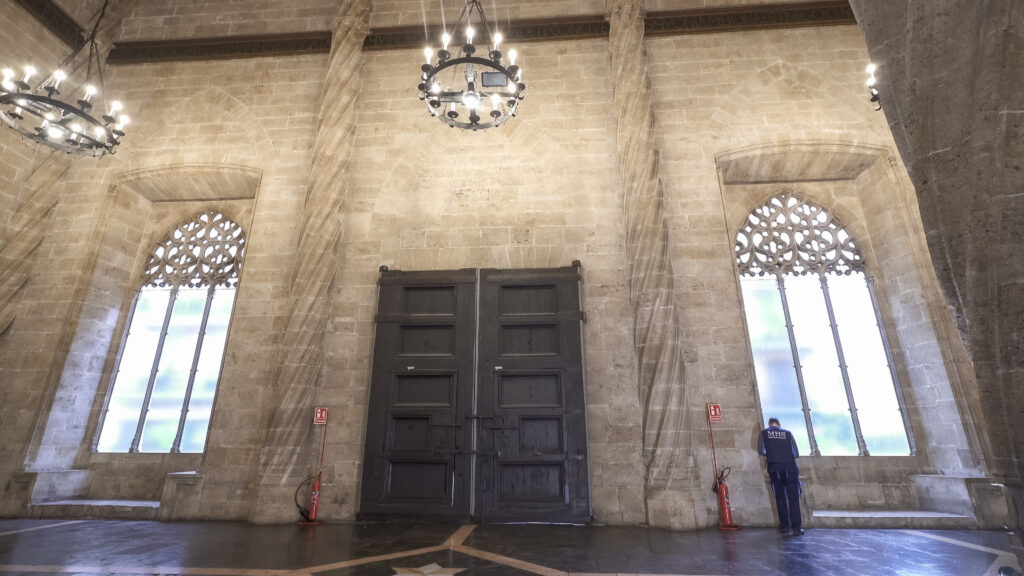
LA LONJA DE VALENCIA: A SYMBOL OF CULTURAL AND SUSTAINABLE TOURISM
La Lonja is one of Valencia’s most visited landmarks, attracting over 730,000 visitors in 2023. This aligns with Valencia’s growing tourism numbers, with nearly 5.5 million overnight stays reported by the National Statistics Institute. By participating in the TOURISMO project, La Lonja reinforces its vital role in cultural tourism while ensuring that visitor numbers are managed efficiently and in harmony with heritage conservation.
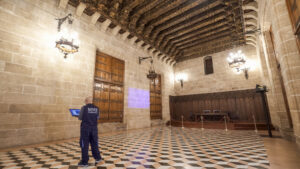
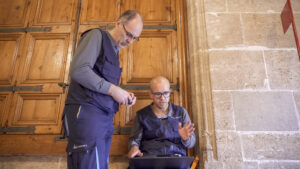
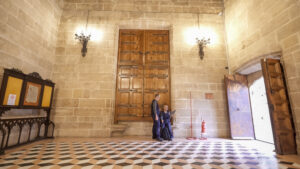
INNOVATIVE TECHNOLOGIES FOR HERITAGE PRESERVATION
In early November 2024, a team of experts from MHS (Monitoring Heritage System), developed by the Fundación Santa María la Real, installed state-of-the-art sensors at La Lonja. These LoRaWAN-enabled devices monitor environmental conditions such as temperature, relative humidity, light levels, and CO2 without interfering with the building’s structure or integrity. The installation was carried out with utmost respect for the monument, safeguarding this invaluable cultural asset.
As part of the TOURISMO project, La Lonja will serve as a key monitoring hub. The MHS system will enable precise visitor tracking and flow management within the building, helping to assess tourism’s impact on heritage preservation. This monitoring technology has already been successfully implemented at other UNESCO World Heritage Sites, such as the Walls of Ávila and the University of Salamanca, proving its effectiveness in supporting sustainable management through critical insights.
Meanwhile, the Valenciaport Foundation will lead efforts to monitor tourist flows arriving in the city through its port, addressing the growing influx of cruise visitors. Using advanced technologies like thermal cameras and Wi-Fi-based device tracking, the distribution of tourists will be analyzed to support better planning and reduce congestion in Valencia’s busiest areas.
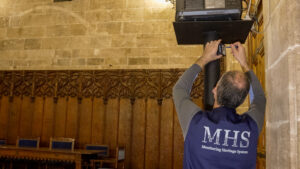
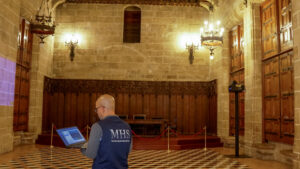
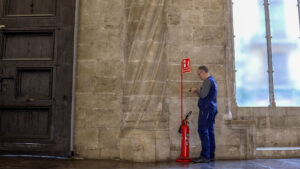
COMMITMENT TO SMARTER, MORE SUSTAINABLE TOURISM IN THE MEDITERRANEAN
With a three-year timeline and a budget of nearly €3 million, the TOURISMO project brings together 10 partners and 16 associated organizations to tackle challenges like tourist overcrowding and heritage preservation in high-pressure Mediterranean areas. Collaboration among local entities, research organizations, and key stakeholders will enable the implementation of sustainable tourism practices that benefit both visitors and local communities.
The monitoring platform developed by the University of Florence will provide real-time data visualization and visitor flow predictions, paving the way for more efficient and adaptive tourism management.

